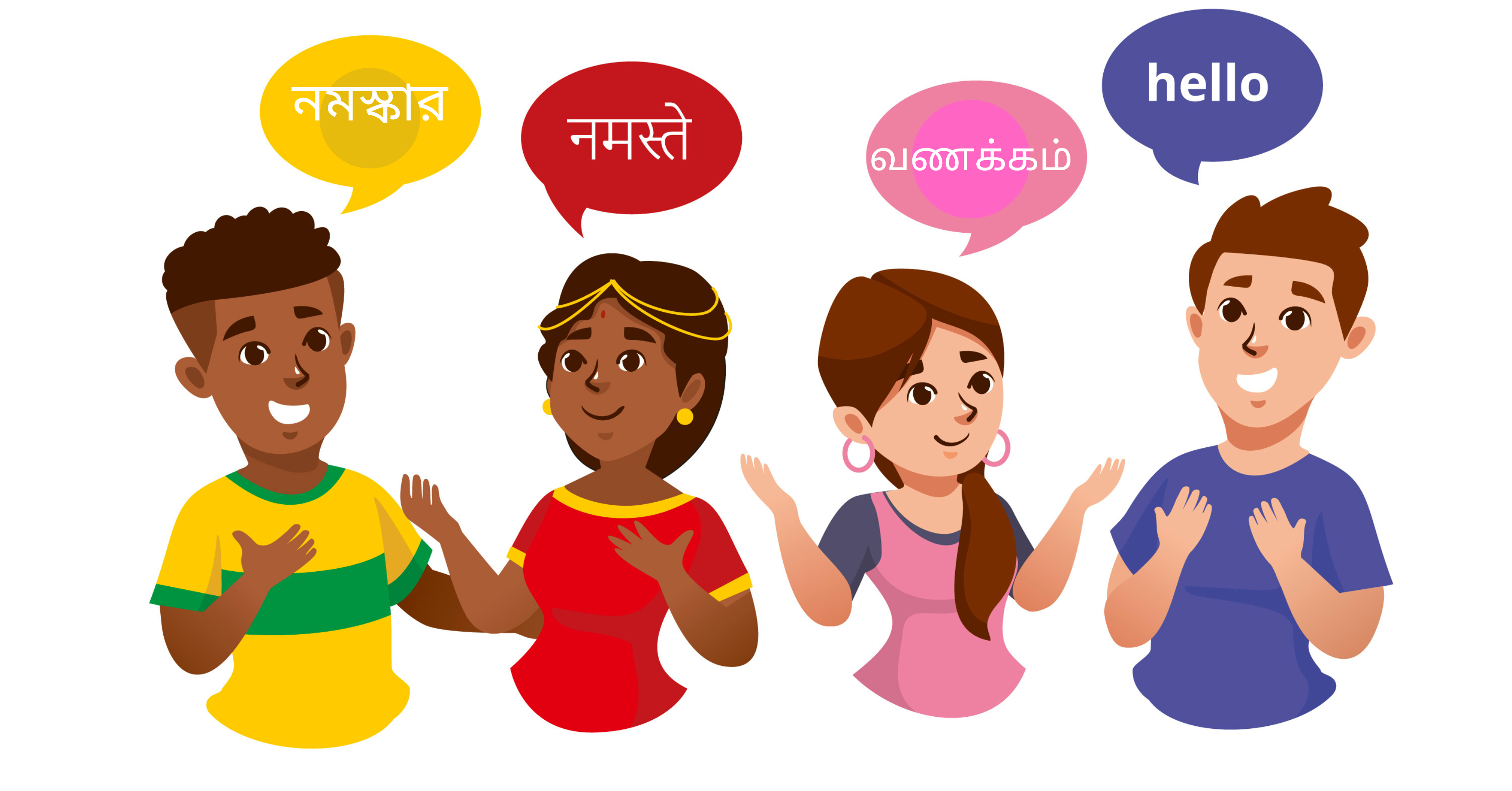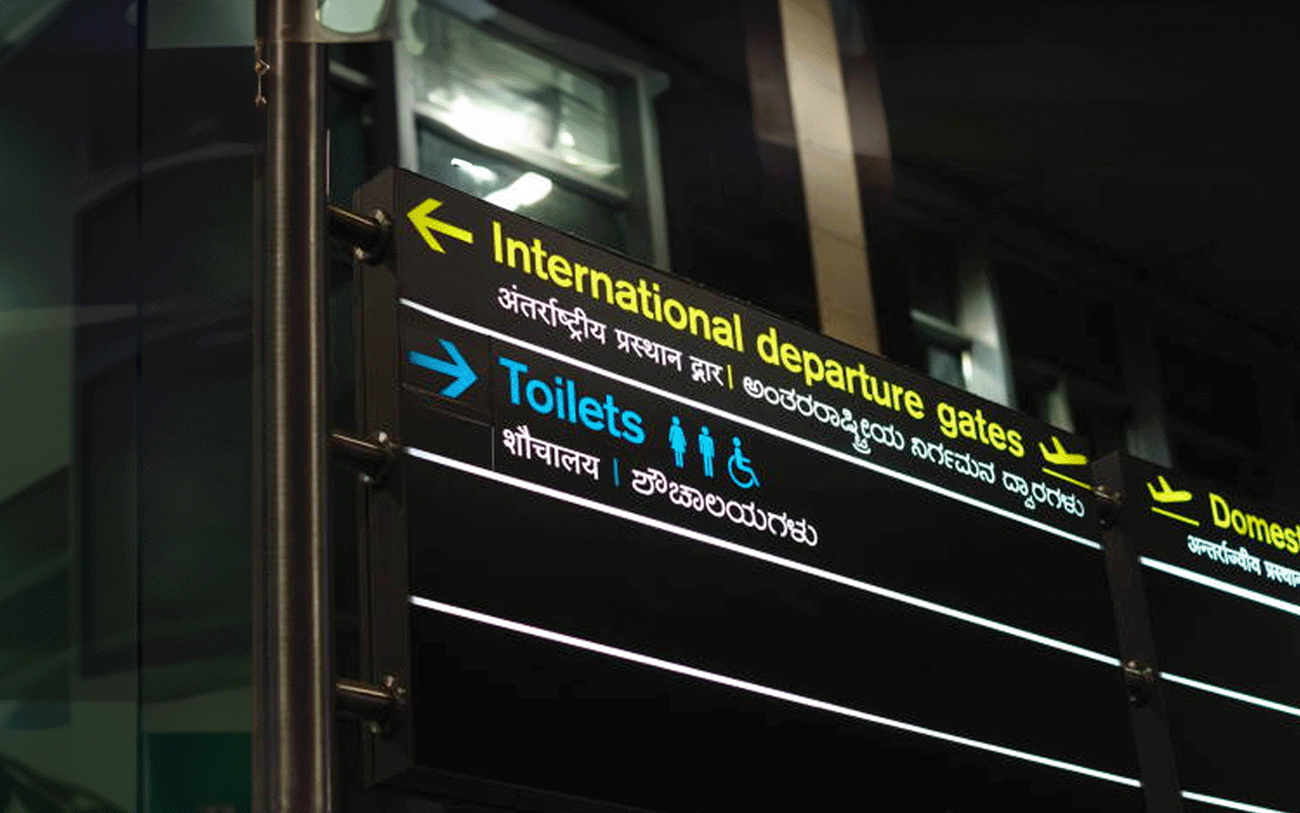The Future of Indian Languages
Hokkien is a Chinese dialect. It was spoken in Singapore in addition to Mandarin. Lee Kuan Yew, the then Premier of Singapore, was not a big fan of this. They ran Speak Mandarin campaigns (instead of a Chinese dialect like Hokkien). All of Lee Kuan Yew’s three children were educated in Chinese schools (unlike some of the leaders who advocated Chinese but put their children in English schools). In his book From Third World to First, Lee Kuan Yew predicts that in a couple of generations, Mandarin will become the mother tongue of all Singaporeans and not dialects like Hokkien.
English was introduced to India only in the 17th Century, and Lord Macaulay came to India in 1834. On 2nd February 1835, Lord Macaulay said
A single shelf of a good European library was worth the whole native literature of India and Arabia…’
Lord Macaulay’s Minute
In a nutshell, he wanted to create “a class of persons, Indian in blood and color, but English in taste, in opinions, in morals, and in intellect”.
Sorry State of Affairs in Bengaluru, Chennai: We seem to have a fascination with English and look up to people who speak English well. If you travel to any big restaurant in Chennai, you will hardly find Tamil, the local language being spoken. It is looked down upon. Talking to my friends from different states in India,the good or bad news is that this is not just the case with Chennai but with other metro cities (like Mumbai, Bangalore and more). It would be even worse in a city like Bengaluru.
How Do the Villages Look?
Visiting towns and villages, thankfully, the situation is not that bad. However, it is slowly getting there. I was in a village asking for directions while driving my car. When I asked for directions in Tamil, I was surprised to see him respond to me in broken English. I did feel deeply saddened by this. However, I thanked him and went to my destination.
Debate on Languages: In Tamil Nadu, we often debate Tamil and Hindi. It is a sensitive topic and garners a lot of attention. I want to strongly make a point that the problem is not just with Tamil. It is also with Hindi and other Indian languages. Instead of focusing on the debate of Hindi Vs Tamil or Hindi Vs Kannada, we need to rise up and ensure we protect our culture and languages. We need to start using Indian languages for business.
Technology and Languages: Technology, as we know, is a big disrupter. It can both kill and build businesses. We need to keep evolving with change, and if we do not do the same, we eventually die. You either innovate or die. Has our language evolved with technology? Here is my experience with Tamil. I struggle to type in Tamil on a keyboard. I am not used to using a Tamil keyboard. A lot of us type in English, and typing software converts to the Tamil alphabet. The same is the case with other Indian languages. I met a Google Executive a few years back, and she was sharing her experience in India. She had been to India in the early 2000s and was tasked with converting Google products from English to Hindi. However, 3-6 months into the project, they realized that it was not a big problem then, and most of the people who used Google wanted to do so in English, and they dropped the idea. We see some of the tech giants, including Google, invest in local languages now. However, we are dependent on them to share the data on the percentage of people using Tamil, Hindi, Malayalam, Kannada and where the users are located.
Language Scripts: This, by far, has been my biggest concern. I am noticing this more today than I did five years ago. If you watch a lot of billboards in Chennai, you will see that Tamil is written in English. Talking to my friends from other States, it is no different for their local language as well.
Why Do Brands Write the Local Language Alphabet in English?
I recently posted about this on social channels and based on the comments I received from my post, – It is not about the brands. All the brands are trying to do is reach their target audience. A lot of their target audience (in cities) speak the local language; however, they do not understand the script and cannot write.
What Does the Future Look Like?
Do I think the Indian Languages will be gone in a couple of hundred years? No. However, if we do not act, the scripts of Indian languages may have no relevance in a couple of hundred years, and our future generations will be writing Tamil, Hindi, Malayalam, Kannada, Bengali, Gujarati, Marathi in English instead of writing their own script. It is also true in a lot of schools in cities like Chennai. Not just people from other states, even a lot of people native to Tamil Nadu are not able to read the Tamil alphabet. You can get away without knowing how to read and write your mother tongue.
As we are so dependent on English today, just for some context,, in 1775, Asia accounted for 80% of the world economy. The combined economies of India and China represented two-thirds of global production. We did not speak a lot of English then.
We need to work on the basics. When things don’t go well, you go back to the roots. This is what we need to do. We need to change fundamentally how the children are being taught, what economic opportunities we can create using languages and also walk the talk. We need to fix this problem, or we will run into the danger of losing our language scripts in the near future.






Leave a Reply